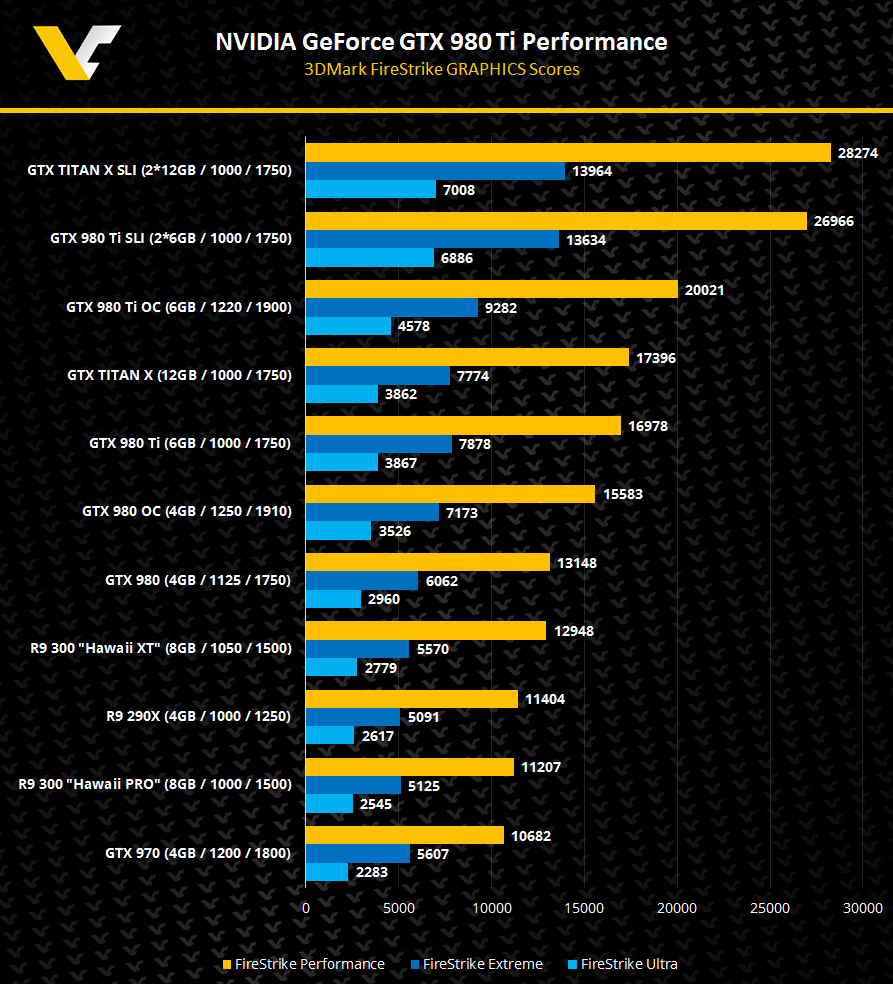I've already started to move to h265 for my server, converting some of the larger x264's to x265 resulting in about half the size. Considering all the data is mirrored on my server, going from 25Gb to 12Gb nets me 25Gb space. My main HTPC is fine with CPU-decoding in Kodi (A6-3650) but of course my E-350 has a fit.
I'd much rather stay with an APU though, or an Intel iGPU decode.
I'd much rather stay with an APU though, or an Intel iGPU decode.

